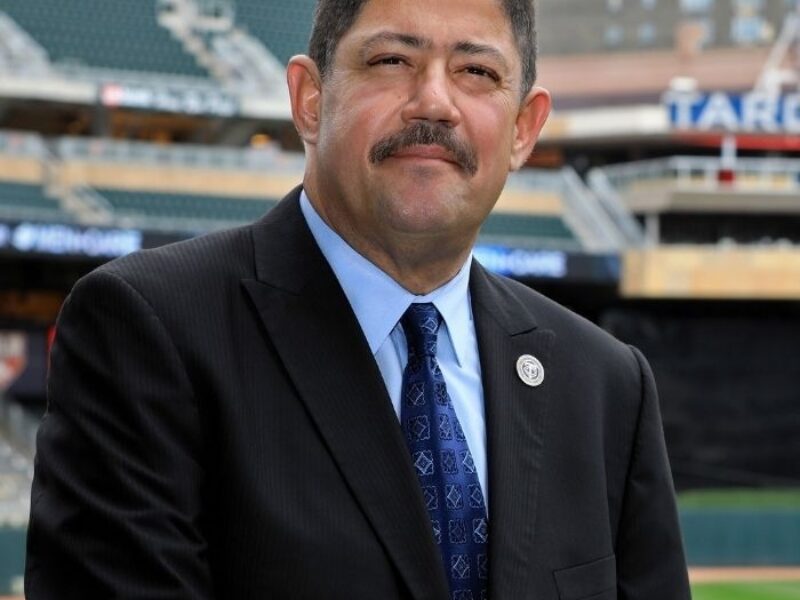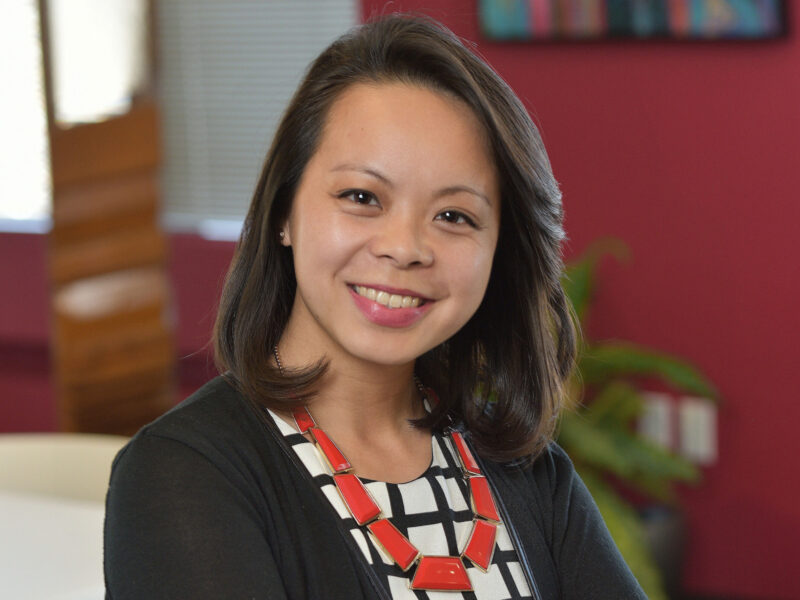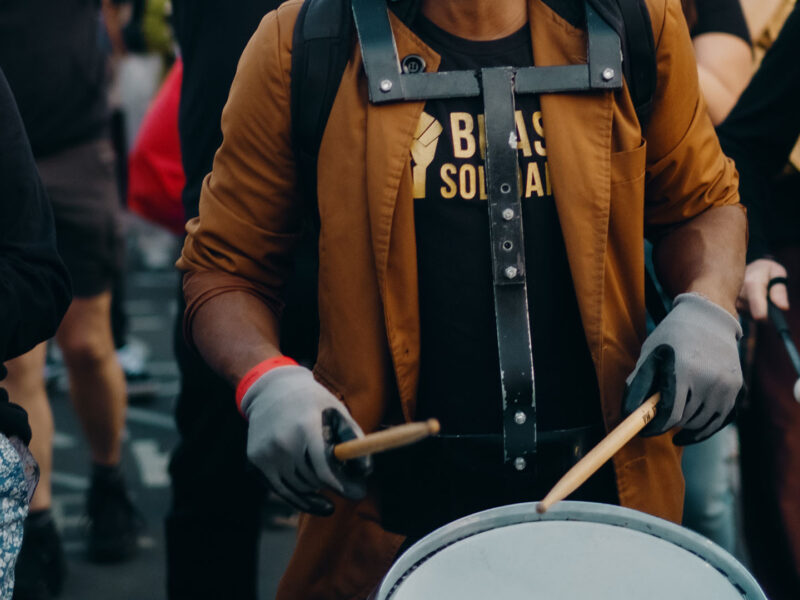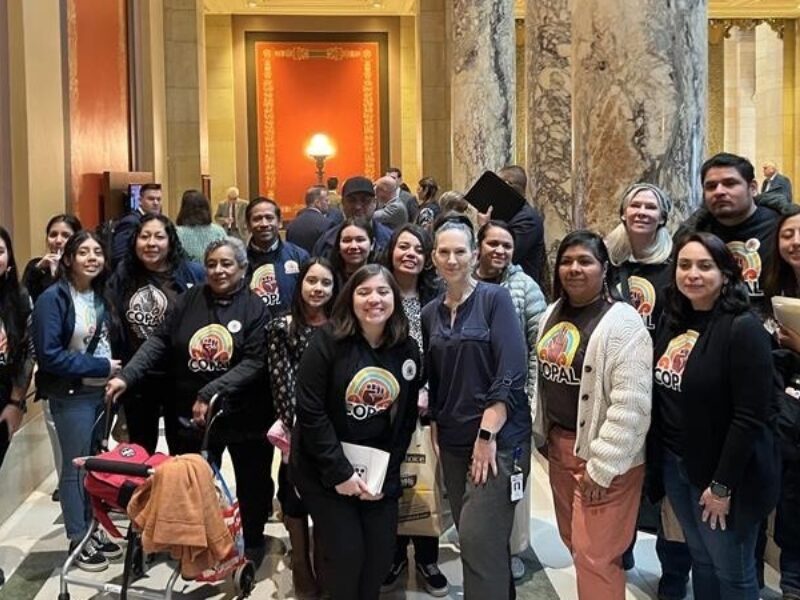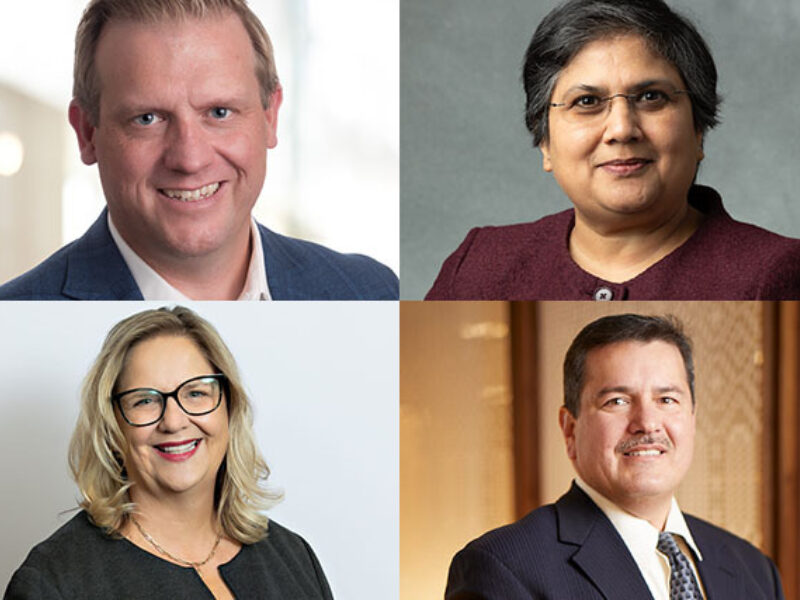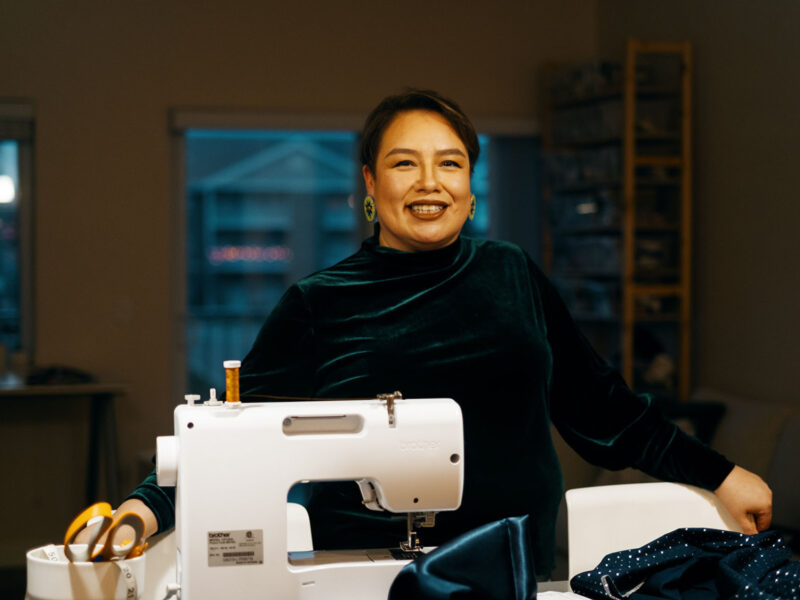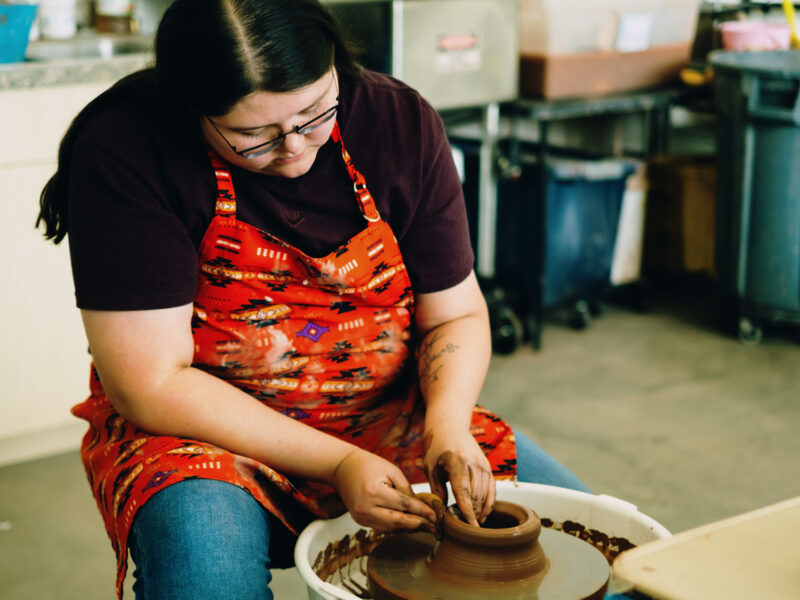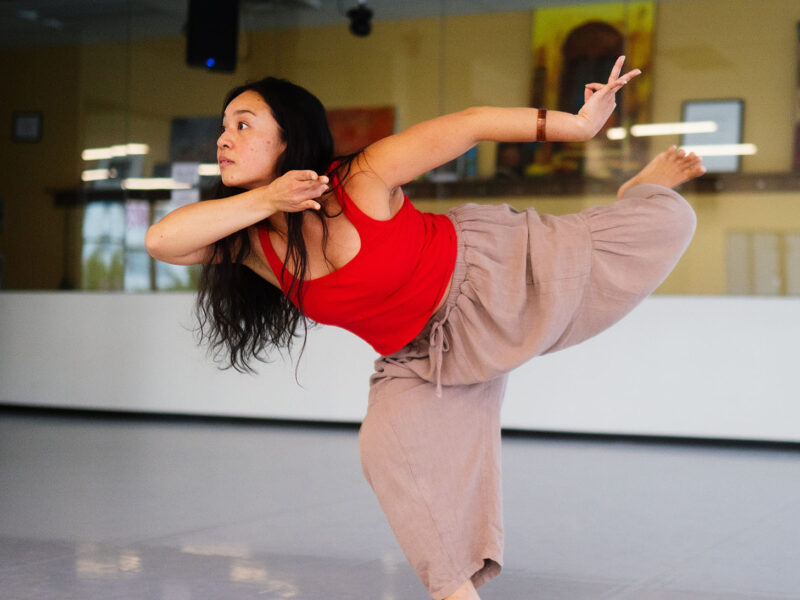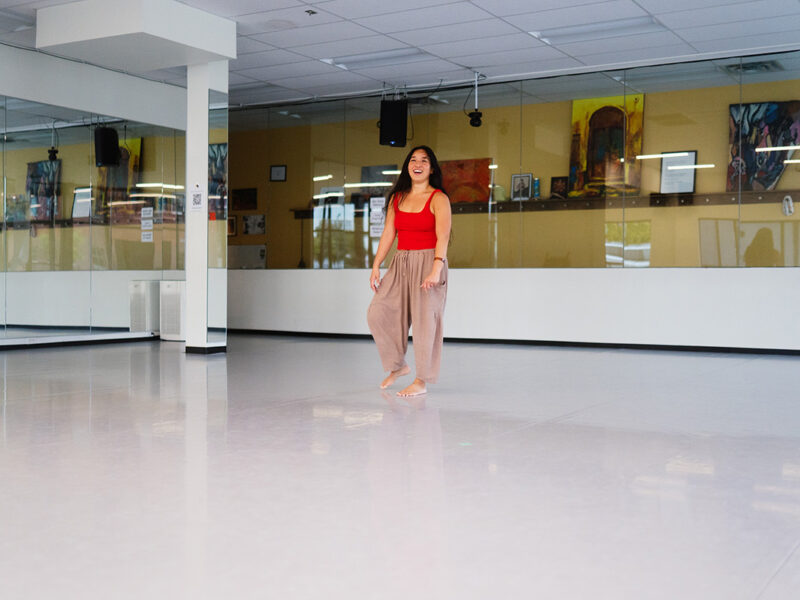Minnesota Wild President and former Foundation Board Member Matt Majka is using hockey to establish diverse and inclusive environments.
Matt Majka has loved hockey since the tender age of eight when his family moved to Minnesota from Michigan. In his roles, Matt has made himself a “servant leader,” working to find new ways to keep Minnesota Wild fans engaged, while using sports as a gateway to equitable change.
Watch this fast-paced, hockey shootout-style interview to learn how this Saint Paul & Minnesota Foundation board member’s passion for the sport has played a pivotal role in his career, including 22 years with Minnesota Sports and Entertainment (MSE) and the Minnesota Wild, where he serves as president and alternate governor.

“Sports have a unique sort of profile and pedestal and in today's world, all team sports need to use that pedestal to address the very issues of diversity, equity and inclusion.”
Matt Majka

So first question: What's the first sport you ever played?
Baseball.
What's your wildest childhood sports memory?
I was a catcher and we, I threw out a guy at second base, trying to steal second base to end the game on a strikeout, throw out, double play. My coach lifted me up and I felt like I was literally on top of the world. It was my best memory. I was like nine years old.
Sounds like a scene out of a movie.
It was awesome.
When were you first introduced to hockey?
When I moved to Minnesota. We moved here when I was eight years old. I instantly fell in love with it and I remain there to this day.
What's the most memorable moment in hockey history for you?
You know what I'd have to say, when my oldest son took the ice for the first time in his first high school hockey game, which in Minnesota, that's a big thing right? Like high school hockey players in Minnesota are like the rock stars of Minnesota.
What do you love most about the Minnesota Wild fans?
You know we've had good teams and we've had not so good teams; the fans have always been there. They've been so loyal, so supportive. In this particular year we're having so far, really our best year ever, they're getting rewarded and I'm really happy for them.
Have you had the opportunity to get out on the ice with some of the players?
We have this ice crew that cleans the ice during the TV timeouts of real Wild games, like would they have to go out and shovel the ice, get snow off the ice. I have done this, several times this year It's been a little secret.
Has Kirill the Thrill taught you about how to do his toe dragon?
[laugher] I, uh, Kirill, uh, I could not do anything that Kirill does on the ice.
What's your favorite snack or food at the Xcel Center?
Oh I'm gonna go, I'm gonna go, there's so many good ones. Popcorn. That's so boring but I love popcorn. That's my favorite thing, I'm going with it.
What does equity mean to you?
I'm gonna use the sports analogy. I'm gonna say level playing field. We have an initiative in the NHL called 'you can play' and it simply means there's there's no room for shutting people out and no matter what color skin, what, what gender, what sexual orientation, whatever it is, there's no room for shutting people out.
Why do you think it's so important to do this type of work?
Because we haven't done it well enough so far, as a society, not just the Minnesota Wild, not just sports. We're still evolving as a human race and we have done some good and we can do better.
How do you see sports as a gateway in a sense to create equitable, diverse and inclusive environments?
Sports have a unique sort of profile and pedestal and in today's world, all team sports need to use that pedestal to address the very issues of diversity, equity and inclusion and I think we're doing a better job of it. Can we improve? Absolutely - all sports, not just hockey. And so we rewrote our mission, we rewrote our values, we rewrote our roadmap and we are making progress on that roadmap, but again, we have a long way to go. But we're committed.
What are your thoughts about the Foundation and its mission and impact?
We get to sit down and listen to the the grants that are being recommended by the internal team and in various ways that serve the community and it is such a pleasure and privilege to hear the work the team has done, to see the breadth and diversity that the foundation is making by making these grants. It makes it real to hear the organizations and what they do and what they're going to do with the money that is granted to them. And again the Foundation does a lot of other things beyond these grants, but to me that's like one of the things, an example of the impact we make and the privilege that I get as a board member and a committee member to see our work in action.


